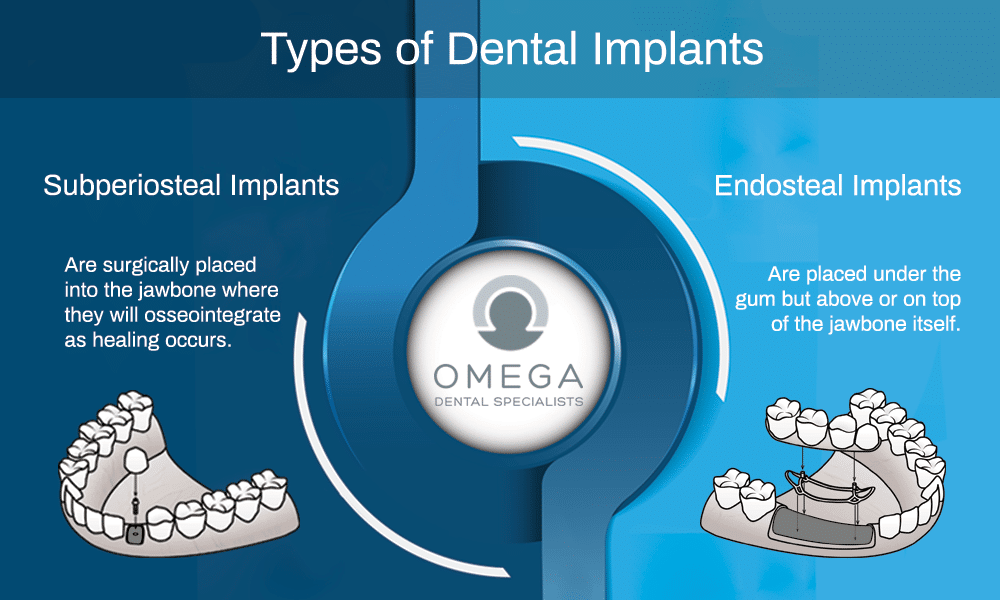Indicators on Dental Sense You Should Know
Indicators on Dental Sense You Should Know
Blog Article
What Does Dental Sense Do?
Table of ContentsAll About Dental SenseOur Dental Sense DiariesNot known Details About Dental Sense Getting The Dental Sense To Work
are clinical gadgets operatively implanted into the jaw to recover an individual's capability to chew or their appearance. They provide assistance for fabricated (fake) teeth, such as crowns, bridges, or dentures. When a tooth is lost as a result of injury or condition, an individual can experience problems such as fast bone loss, defective speech, or modifications to eating patterns that lead to pain.Dental implant systems include a dental implant body and oral implant abutment and might additionally consist of a joint addiction screw. Dental veneers cost. The dental implant body is operatively inserted in the jawbone in location of the tooth's root. The oral implant abutment is normally affixed to the implant body by the joint fixation screw and extends through gum tissues into the mouth to sustain the connected fabricated teeth
(https://myspace.com/dentalsense1)Structure of The Dental Implant System picking oral implants, talk with your dental company about the prospective benefits and threats, and whether you are a candidate for the treatment. Points to think about: Your overall wellness is an important variable in determining whether you are a good prospect for dental implants, for how long it will certainly require to recover, and exactly how long the dental implant might stay in area.
Cigarette smoking may influence the healing procedure and lower the long-lasting success of the implant. The recovery process for the implant body might take a number of months or longer, during which time you typically have a short-lived joint in place of the tooth. the oral implant procedure: Meticulously follow the oral hygiene instructions provided to you by your dental supplier.
Dental Sense - Questions
Implant failing can result in the need for one more medical treatment to take care of or change the implant system. Recovers the capacity to eat Brings back cosmetic look Aids keep the jawbone from diminishing as a result of bone loss Protects the wellness of the bordering bone and gums Helps keep adjacent (close-by) teeth secure Enhances high quality of life Damage to bordering natural teeth throughout implant placement Injury to the surrounding cells during surgical treatment, such as sinus perforation Injury during surgery (for instance, crack of bordering jawbone) Insufficient feature, such as seeming like the teeth do not bite with each other generally A sensation that the tooth hangs or turning in place resulting from a joint screw loosening Implant body failing (looseness of the implant body) as a result of systemic infection, which may be more probable in clients with unrestrained diabetes mellitus due to neighborhood infection in bone and gums sustaining the implant body because of delayed recovery, which may be much more most likely in clients who smoke Problem cleansing the periodontals around the dental implant, leading to bad dental hygiene Untreated gum disease Post-surgical feeling numb because of nerve impingement or damage Constantly inform health and wellness treatment providers and imaging service technicians that you have oral implants prior to any magnetic resonance imaging (MRI) or x-ray procedures.
FDA is not knowledgeable about any kind of negative occasions reported for MRI Cosmetic dentistry services or x-ray treatments with oral implants. Oral implants systems are typically constructed from materials that follow global consensus standards of the International Organization for Standardization (ISO) or ASTM International. These criteria have details of what makes a secure material.

An oral implant is a structure that changes a missing out on tooth. With screw-like tools, the doctor inserts an implant into the jawbone, and it works as a support for a synthetic tooth, called a crown. A device called an abutment connects the fabricated tooth to the dental implant. The crown is tailor-made to fit the person's mouth and match the shade of their teeth.
Unknown Facts About Dental Sense
Some people are not eligible for dental implant surgery. It is for oral doctors to operate people with: intense illnessuncontrollable metabolic diseasebone or soft cells illness or infectionIf these issues are solved, an individual can have the surgical procedure. In, oral specialists avoid operating on people with: If people with any of the above undertake dental implant surgical treatment, there is a higher threat of the dental implant stopping working.

Oral implant surgical treatment is a tailored process. Offer you time to heal. Attach the article and last crown, bridge or denture.
Next off, your cosmetic surgeon will carefully position the dental implant right into your jaw. Finally, your cosmetic surgeon will reposition your gum tissues and close the incision with stitches. If your dental implant is near the front of your mouth, your dentist will certainly make a short-term tooth for you to wear up until you recover. In this way, you will not have a gap in your smile while you recover.
Facts About Dental Sense Revealed
During the healing phase, your jawbone must fuse to the oral implant. This process can take anywhere from three to nine months.
Once your dental implant heals, your dental expert can attach the joint (little port blog post) and your final reconstruction (crown, bridge or denture). This typically takes about one hour to finish and might require a 2nd minor surgical treatment. You shouldn't feel any type of pain during your dental implant treatment since your service provider will certainly use drug to numb your periodontals.
Report this page